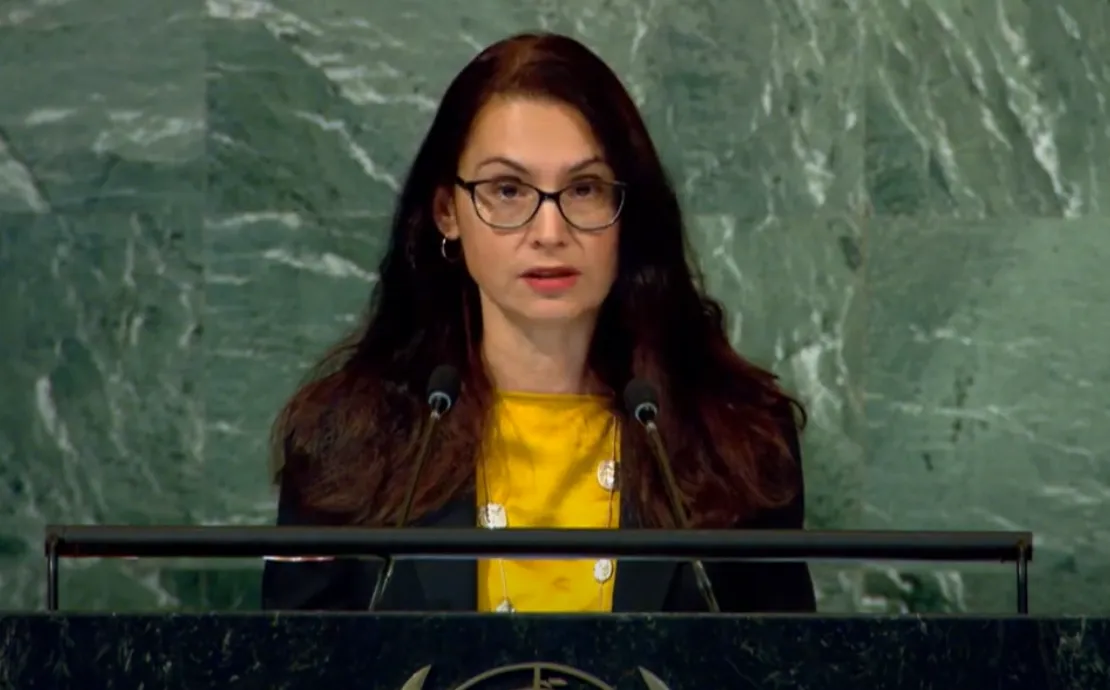Statement at the 11th Emergency Special Session of the UN General Assembly

Excellencies,
The resilience of its democracy has been a remarkable achievement of Ukraine in the face of the war of aggression waged by the Russian Federation in February 2022. A key dimension of Ukraine’s reaction – alongside its military response—has been the impressive engagement of a wide range of social actors from all segments of the Ukrainian society in the fight to defend democratic freedoms and rights, at the time when it was attacked by overwhelming forces of invasion.
The magnitude of the physical destruction is huge, as the human and social costs of the aggression grow every day. Human rights abuses and violations are being documented in the territories occupied by Russia and recovered by Ukraine.
The impact of Russian tactics of systematic destruction of critical infrastructures in Ukraine will have long-lasting consequences. The responsibility of the Russian Federation should be addressed with reference to UNGA Resolution 60/147.
For its recovery and the reconstruction of its infrastructures and economy, Ukraine will have to face exceptionally difficult challenges. To cope with them it will certainly need extensive and prolonged support by the international community. It will also require assistance for further strengthening its democratic institutions. They will be essential for successfully countering corruption and achieving the ambitious results of what will likely be a multi-billion reconstruction investment plan.
In fact, Russia targeted not only strategic military infrastructures but also civilian targets, public services, supply networks and centers. Among such critical infrastructures we should include also political and civil society institutions and actors at the local level whose past engagement in Ukrainian democracy was seen as an act of hostility towards Russia’s strategic interests, and a threat to its illegal and illegitimate claim to retain control of captured areas despite the sovereignty, independence, unity and integrity of Ukraine.
Let us never forget that this conflict is not only about sovereignty, but also democracy. Russia’s war of aggression is an attack on a political system—democracy—that securely places the destiny of the country in the hands of Ukrainians and out of the reach of Russia. The coming process of reconstruction and recovery from the devastation wrought by the invasion, therefore, needs to place democracy at the centre.
In recent analysis, International IDEA has stressed some of the critical issues that the post-war economic, social and political recovery in Ukraine should consider regarding the future of its democracy. The daunting task of addressing the consequences of the aggression, rebuilding physical infrastructure, and restoring basic services should place such issues at the core of the reconstruction effort. In this perspective, it will be vital to allocate resources to support the reconstruction and improvement of democratic institutions in Ukraine.
Thank you.
*The full delivery is available on YouTube.



